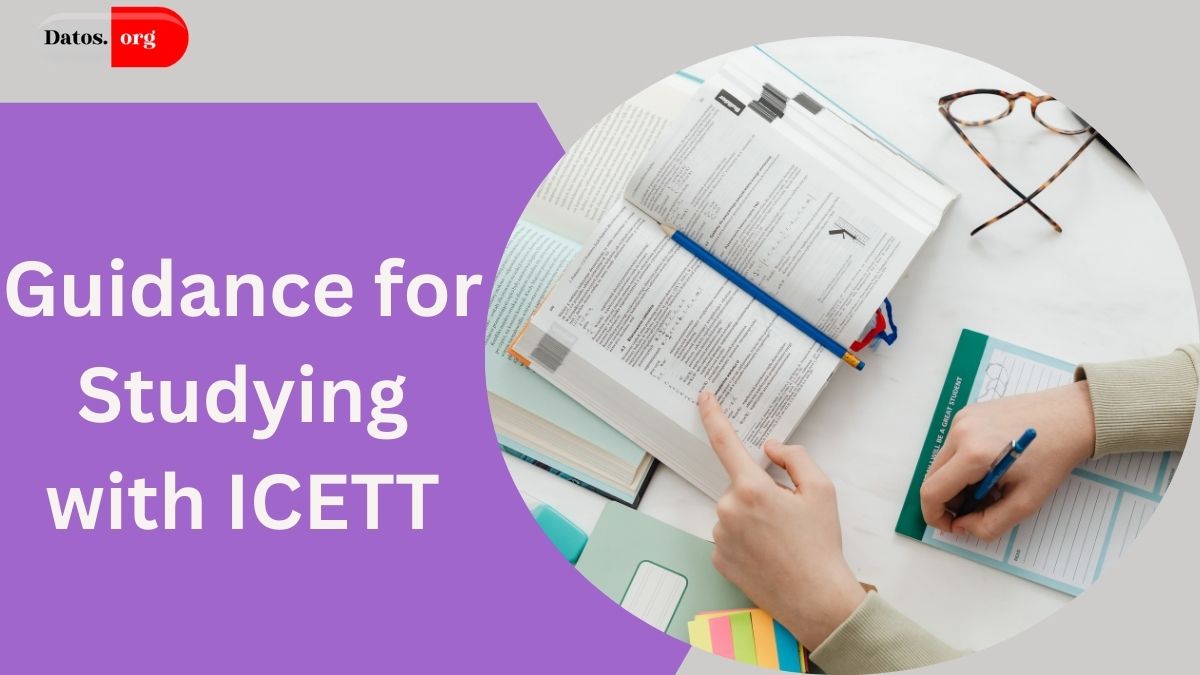ICETT is a structured approach to language learning, emphasising the importance of systematic study habits and community engagement. By incorporating these principles, learners can optimize their language acquisition process and achieve fluency more efficiently.

Key Principles
Distributed Practice:
Break down your study sessions into shorter intervals with regular reviews rather than marathon ones. This technique, supported by educational and cognitive psychology research, enhances retention and recall. For example, instead of studying for three hours straight, try studying for 30 minutes, taking a short break, and then studying for another 30 minutes.
Structured Learning:
Organize your study materials into logical categories, such as grammar, vocabulary, and reading comprehension. Focus on one topic at a time to ensure thorough understanding and minimize confusion. For instance, dedicate one day to learning new vocabulary and another day to practising grammar exercises.
Community Engagement:
Interact with fellow learners and native speakers through online forums, language exchange apps, or local language meetups. This social aspect fosters motivation, corrects pronunciation, and provides opportunities for authentic communication. Engaging with a community can make learning more enjoyable and less isolating.
Input Variety:
Expose yourself to diverse language sources, including textbooks, articles, podcasts, and videos. This variety helps develop listening, reading, and speaking skills simultaneously. For example, you could read a news article in your target language, listen to a podcast, and watch a video, all in one week.
Effective Study Strategies
Vocabulary Building:
Use flashcards or apps to focus on new words and phrases. Review and practice vocabulary regularly to reinforce learning. Apps like Anki or Quizlet can be particularly helpful for this purpose.
Grammar Practice:
Use grammar exercises, quizzes, or online resources to reinforce understanding and application. Websites like Duolingo or Grammarly offer interactive ways to practice grammar.
Reading Comprehension:
Start with simple texts and gradually move to more complex materials. Summarize and discuss what you’ve read to improve retention and critical thinking. For example, you could start with children’s books and progress to news articles or novels.
Overcoming Common Pitfalls
Avoid Overemphasis on Reading Comprehension:
While reading is essential, don’t neglect other skills like speaking and listening. Balance your study routine to ensure well-rounded language proficiency. Try to include speaking and listening exercises in your daily practice.
Don’t Focus on a Single Aspect:
Language learning involves multiple components. Avoid overstudying a single area, such as grammar, and ensure you address all aspects of language acquisition. A balanced approach will help you become more proficient overall.
By incorporating ICETT’s principles and strategies into your language learning routine, you’ll be well on your way to achieving fluency and confidence in your target language. Remember to stay consistent, persistent, and engaged, and you’ll reap the rewards of your hard work.

I am a passionate technology and business enthusiast, constantly exploring the intersection where innovation meets entrepreneurship. With a keen eye for emerging trends and a deep understanding of market dynamics, I provide insightful analysis and commentary on the latest advancements shaping the tech industry.